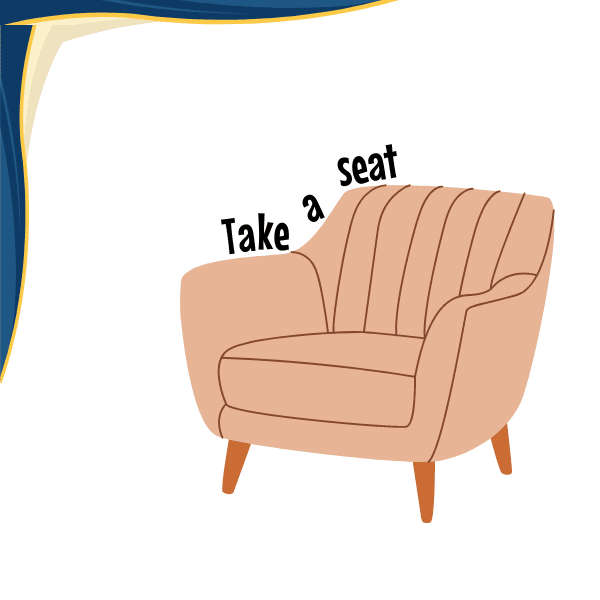Take a seat if you have ever fat-shamed anyone. Take a seat if you have faced fat-shaming. Take a seat if you have laughed at jokes depicting fat-shaming. And if you are still standing, then we knowyou either have excellent lower body strength or a lack of a seat. We are talking about the very fabric of our society. The existing fabric that tells us that weight determines beauty, and beauty determines your worth. And for those who have endured relentless body shaming for years, this equation of weight and worth imprints cruelly on their self-esteem. Fat-shaming is a form of body shaming that refers to making someone feel ashamed of their weight. Fat-shaming exists in many forms, be it as a form of racism, as a manner of bullying, as a tool to feel good about themselves, or wrapped in the context of being concerned for the health of the other person. But every form of fat- shaming leaves individuals grappling with mental breakdowns, inferiority complexes, profound insecurities, and self-esteem issues.
The Fallacy of Well-Intentioned Concerns
It’s important to understand that body weight is influenced by numerous factors beyond mere carbs and workouts. Yet, the pervasive belief that thinness equates to beauty diminishes acceptance for those whose weight is affected by genetic conditions, underlying diseases, mental health disorders, or simply the existence of a diverse body type. Offering unsolicited advice like, You’d be so much more beautiful if you were a little thinner & is far from a compliment, no matter how well-intentioned it may seem. The fallacy of concern is based on the blatant assumption that embarrassing an individual will give them motivation to lose weight. While being healthy is indeed a personal choice, the misconception that a slim figure is the sole indicator of a healthy lifestyle fosters a distorted perception of a healthy body. Furthermore, the societal expectation to prioritize health through weight reduction has given rise to a culture where failing to conform to these standards makes one prone to fat-shaming.
The Omnipresence of Media
The omnipresence of media makes the entertainment industry a pervasive influence in setting unrealistic and exaggerated mono-standards of beauty. It’s essential to understand that, unfortunately, specific body types are systemically promoted by certain industries like fashion, cosmetics, advertising, entertainment, etc. From magazines to TV advertisements and outdoor hoardings, the media bombards us with tips, tricks, and schemes for weight loss. This vast reach is the cause of great concern, as the consumption of such media only deepens the collective psyche of society. Thus, promoting the societal norm of criticizing anyone who doesn’t fit into the narrow spectrum of weight standards forms the foundation of fat-shaming, pushing individuals towards self- criticism and even risky body manipulations. The roots of media are so extensive that we have all laughed at individuals at the cost of fat-shaming them whenever popular channels broadcast comedy shows where overweight individuals are used as laughing stock or when festive song lyrics promote fat individuals as a substitute for a mattress.
Evolving Perceptions
However, it’s heartening to note that awareness of body positivity is gradually gaining ground, particularly through social media. Embracing beauty through the lens of diversity is starting to gain traction. Influencers are using their platforms to speak out about body positivity, challenging
conventional beauty standards. Social media is becoming the new tool of resistance against fat-shaming. Yet this awareness often remains confined to the digital walls of the phone. The reality is still struggling to permeate society’s broader confines. It’s imperative to recognize that beauty
standards have evolved over the decades, from the era of corsets to the emphasis on extreme thinness and, more recently, to the promotion of curves in so-called ‘desirable’ places. Despite these transitions, there continues to be little room for individuals perceived as fat within the world of beauty standards. This cycle persists as long as our welcome pleasantries center around amusing reactions to how much weight you have gained since last time or belittling individuals based on their body types.
